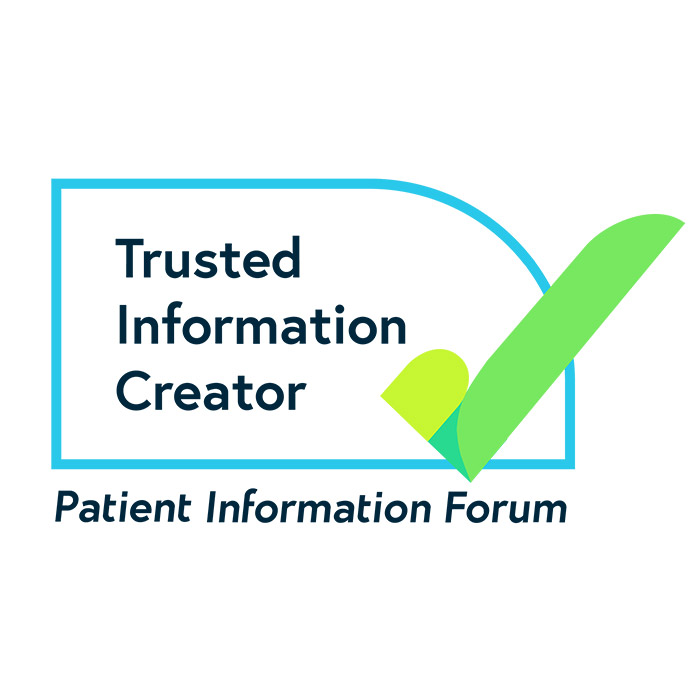 Medicine shortages are becoming “shockingly” commonplace according to a report from the Nuffield Trust.
Medicine shortages are becoming “shockingly” commonplace according to a report from the Nuffield Trust.
It said the past two years had seen “constantly elevated medicines shortages” and a “frequent disruption to crucial products”, which worsened in 2023, becoming a “new normal”.
Epilepsy medicines including Tegretol (carbamazepine) and Lamictal (lamotrigine) were among the medicines consistently affected by shortages.
The report, titled The future for health after Brexit, said this had placed a “significant burden on pharmacists and affected the medicines available to patients”.
The Nuffield Trust is an independent health think tank. It said the shortages reflect “significant problems in the global medicine market”, and that while Brexit was not to blame it had “contributed to difficulties by lowering the value of sterling and removing the UK from EU supply chains”.
It added that the English NHS had increased medicine prices to deal with supply problems, which cost the taxpayer £220 million more in just one year.
Reacting to the report, Epilepsy Action deputy chief executive Rebekah Smith said: “Epilepsy medication availability has been a fluctuating issue for years, but it has definitely reached a precarious point more recently.
“Most people with epilepsy rely on medication to control their seizures, and very often finding the right one, or the right combination, is a tough journey. Medication is the first step to getting some degree of stability, and the potential of this stability being taken away is devastating.
“We have heard of many people struggling to find the right medication over the past few months, and the stress surrounding running out or having to take a substitute has been overwhelming. It could mean more seizures, or having a seizure after being seizure-free for years, which could have a massive knock-on effect on other aspects of a person’s life, such as their ability to drive, or their job. But at its worst this can be life threatening.
“People with epilepsy and other conditions affected shouldn’t have to worry about whether their symptoms are going to worsen for factors totally out of their control. Our Helpline team has listened to the worries and struggles of a record number of people since the start of this year. They deserve to know why this is happening, and when it’s going to get solved.”
Smith called on the government to review the medicine supply chain so that people with epilepsy could be confident about getting their medications.
She added: “The Department of Health and Social Care needs to ensure a robust review of all the processes and procedures to ensure an open and transparent supply chain, so that people with epilepsy do not have to worry about not being able to get their medication.”
The Nuffield report also made a number of recommendations to the government. It called for:
- Better anticipation of medicine shortages
- More openness about shortages in line with other European countries
- A plan for the EU’s stockpiling and medicine transfer schemes.
Nuffield Trust’s Brexit programme lead Mark Dayan said: “The rise in shortages of vital medicines from rare to commonplace has been a shocking development that few would have expected a decade ago.
“More and more patients across the UK are experiencing a pharmacist telling them that their medication is not available, it may not be available soon, and it may not be available anywhere nearby. This is also creating a great deal of extra work for both GPs and pharmacists.
“We know many of the problems are global and relate to fragile chains of imports from Asia, squeezed by Covid-19 shutdowns, inflation and global instability. Officials in the UK have put in place a much more sophisticated system to monitor and respond, and used extra payments to try to keep products flowing. But exiting the EU has left the UK with several additional problems – products no longer flow as smoothly across the borders with the EU, and in the long term our struggles to approve as many medicines might mean we have fewer alternatives available.”
If you have concerns about medication shortages you can follow all the latest updates at: www.epilepsy.org.uk/category/drugwatch
If your concern is more urgent, call our Helpline on 0808 800 5050.
If you have a story to share about medicine shortages to help us raise awareness about this in the media, please email us: press@epilepsy.org.uk
More articles



